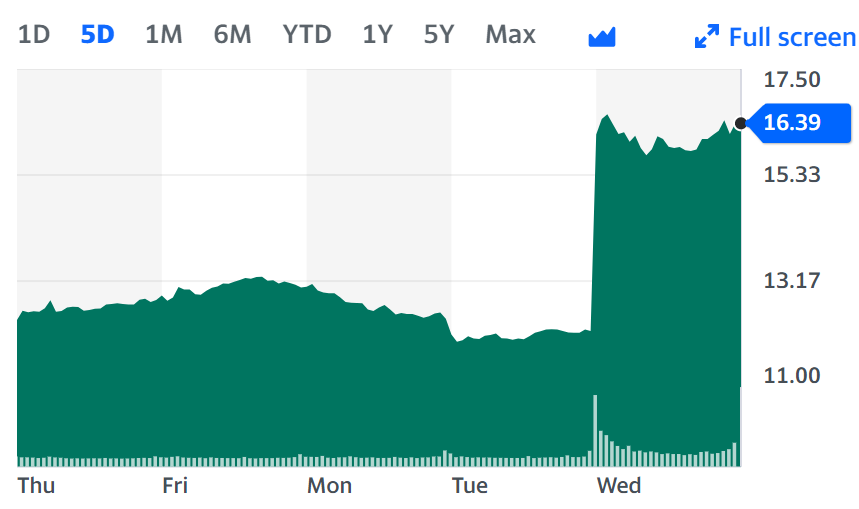Lyft CEO Takes Responsibility but Is Casual About Typo
/Lyft CEO David Risher said “My bad” for a typo that caused shares to lift dramatically, and then fall. The error is a good example for students to see the importance of proofreading, and the company response illustrates accountability, to a point.
An extra zero found its way into a quarterly earnings release, so the company reported growth of 500 basis points (5%) instead of 50 basis points (.5%) for the year, indicating a higher margin from bookings. The error still appears on the release. A statement was added to the top, which is an appropriate way to correct an error, rather than simply changing the original:
SAN FRANCISCO--(BUSINESS WIRE)-- Fifth bulleted list, third bullet of release should read: Adjusted EBITDA margin expansion (calculated as a percentage of Gross Bookings) of approximately 50 basis points year-over-year. [instead of Adjusted EBITDA margin expansion (calculated as a percentage of Gross Bookings) of approximately 500 basis points year-over-year.].
Lyft leaders do what we expect leaders to do: They are accountable for errors. The CFO first announced the mistake on an earnings call, and the CEO took a Bloomberg Technology interview.
Risher’s word choices and speech patterns are interesting to watch. He uses colloquial speech to say, “My bad,” but then, within a second, transitions with the time-honored “but” to enthusiastically compliment the company’s good work. He also uses the classic crisis communication strategy of downplaying, as though the error is no big deal. Apology criteria include acknowledging the impact of the mistake, which he failed to do. People made investment decisions based on bad information and lost money. Typos happen, but this one caused an errant $2 billion in market cap.
The first interviewer pushed, asking whether they used AI to create the release. Risher laughed and said “no way.” Another interviewer asked whether the CFO “is safe.” Risher responded, “It’s an unacceptable error, but . . . the team is taking it super-seriously.” That’s good, but Risher didn’t present it that way initially: His word choice and demeaner don’t match the seriousness of the event.
Of course, Risher’s response could be worse. He could not take an interview, or he could blame the CFO or others, who are ultimately responsible for proofreading. Instead, he said he’s ultimately responsible for all company communication, which is true.



